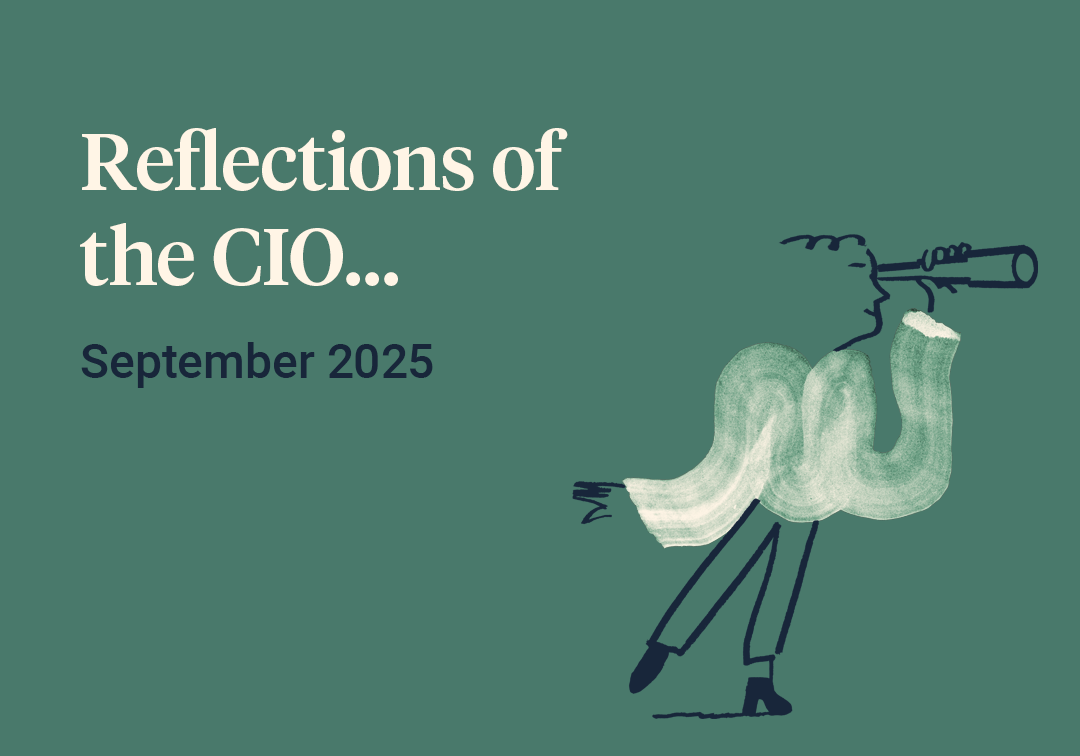April was a difficult month for markets, with most assets generating losses, regardless of geography. There were several reasons behind the weakness, the key one being the increased aggressiveness of central bank rhetoric regarding how quickly interest rates would have to rise to combat very high global inflation rates. The Federal Reserve was the leader in this process, signalling a doubling or tripling of the current quantum of increases for their forthcoming quarterly meetings.
“Given that the current rate of US CPI inflation is 8.5% annualized, the fear is that an ever more aggressive Fed will end up pushing too hard on the ‘brake pedal’ to bring it under control”
Markets took this as a signal that the Fed was now actively trying to slow consumer demand in the US, a difficult process, and also one with big implications. Given that the current rate of US CPI inflation is 8.5% annualized, the fear is that an ever more aggressive Fed will end up pushing too hard on the ‘brake pedal’ to bring it under control, and rather than engineering a ‘softish’ landing, will end up tipping the world’s largest economy into recession. In tandem with this issue, markets were also affected by the ongoing Covid related shutdowns in China, a process that is slowing their economy at a point when the authorities are also trying to manage their way through a property crisis. This combination of risks to growth in the world’s top two economies was enough to send equity markets down c-7% and bond markets a further -2.5%.



